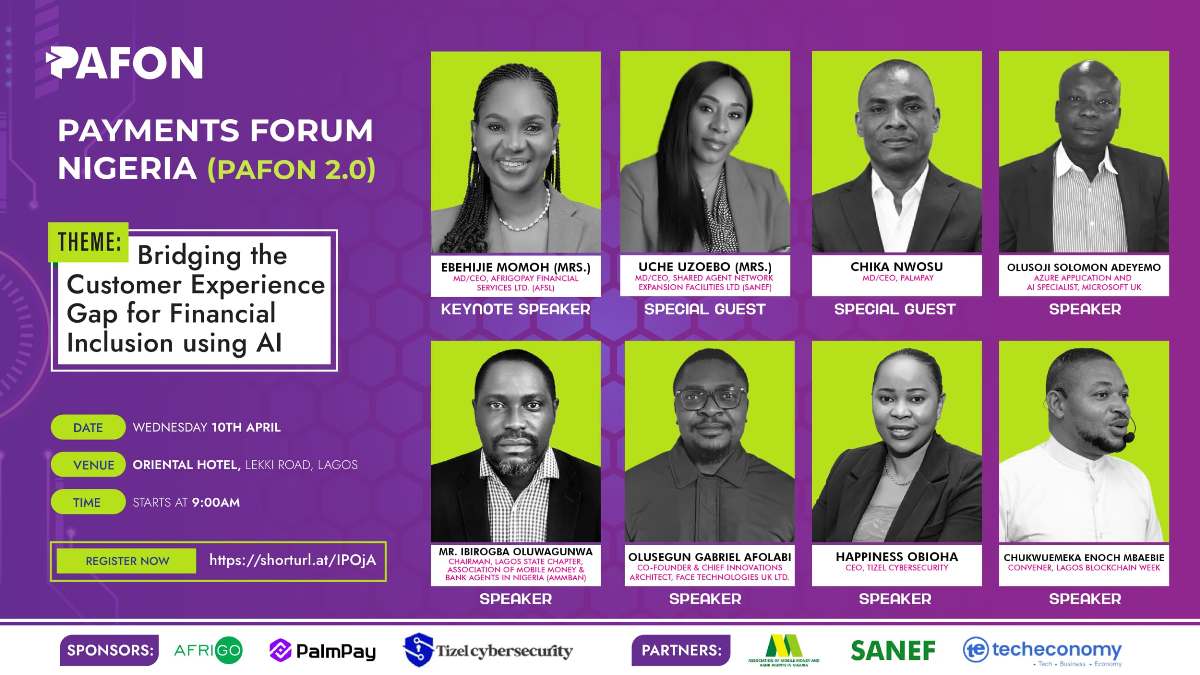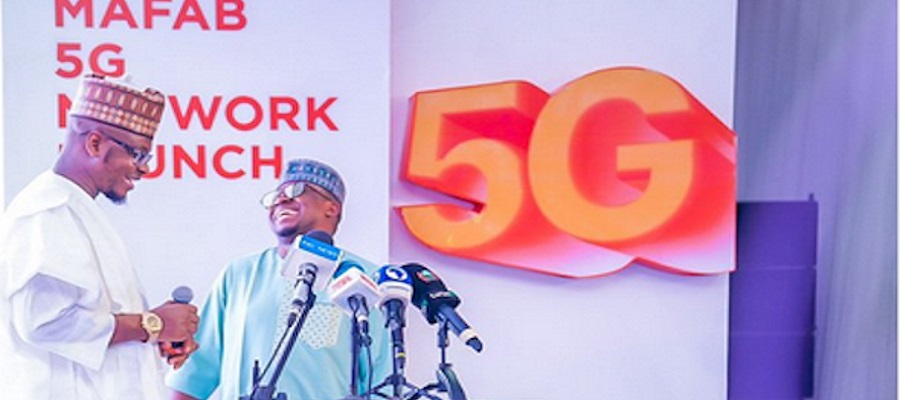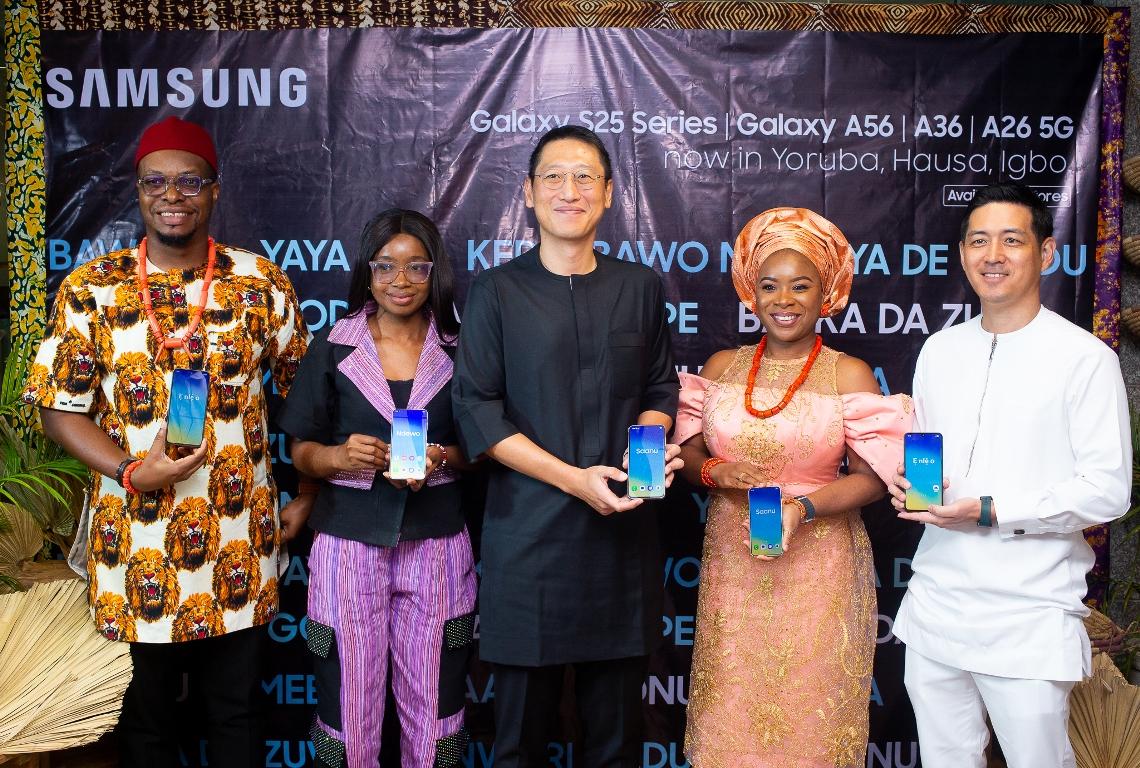Telecom
Creating Smartphones for the Future

By Justin Maier
For most of us, it is hard to imagine a world without a mobile phone – and, yet, the world’s first short messaging service (SMS) was only sent in 1992 and the first downloadable content sold to mobile phones – the ringtone – was less than 30 years ago, in 1998 .

Today, we can do so much more with our mobile phones than send an SMS or download a ringtone: these devices have in many ways become an extension of our brain – a tool used to literally store our memories.
The fourth industrial revolution (4IR), accelerated by the COVID-19 pandemic, has been driven largely by the convergence of digital, biological, and physical innovations and technologies such as artificial intelligence, genome editing, augmented reality, robotics, and 3D printing.
The mobile phone industry saw the introduction of 5G, and its power and potential – 5G smartphones now account for more than 10 percent of shipments around the world, for example .
Creating Smartphones for the Fifth Industrial Revolution
But what advances will the fifth industrial revolution (5IR) bring about and how will this change how we interact and engage with one another?
AI will become more powerful, and nanotechnology and genome sequencing could create innovative new medical treatments and revelations in medicine.
Neural technologies will enhance our brains, while prosthetics and other implants may enhance our bodies. Augmented Reality (AR) and Virtual Reality (VR) could transform human characteristics – but will also be responsible for changing the way we communicate.
Mobile phones as we know them won’t exist any longer, and instead will be augmented reality devices that people perceive the world through.
A move from digitisation to personalisation
The fifth industrial revolution will bring forth innovation, purpose and inclusivity and we will see a deeper understanding and co-operation between people and machines, giving rise to a certain level of consciousness.
Consumers will demand business services or practices connected to purpose – so businesses that play an active role in driving sustainability and embracing purpose will flourish.
In his Open letter to CEOs Larry Fink, CEO of investment firm Blackrock, wrote “Purpose is not the sole pursuit of profits, but the animating force for achieving them. Profits are in no way inconsistent with purpose – in fact, profits and purpose are inextricably linked”. I believe that this sentiment will be the driving force behind whether companies succeed or fail in the future.
At HMD Global, the home of Nokia phones, purpose propels us: we can see how the power of technology improves our daily lives, and with technologies getting better and faster and fitting more seamlessly into our lives, it will enable us to do more and stay connected in a rapidly changing world.
This is why we invest in developing technology that can forge that connection, and why we act on customer feedback to ensure a two-way relationship through our Nokia phones beta labs, Android Developer Programme and User Experience Programme.
Leading the race
This is what allows us to create innovative experiences on all our devices, and at good value. Innovations such as imaging algorithms and novel key component technology also make this possible.
Earlier this year, for instance, we launched our biggest line up to date, featuring six new smartphones – making it one of the biggest arrays of new smartphones launched by a manufacturer in the history of the industry.
Our approach to technology and business is human-first, which is reflected in our mobile phone range and our product innovations.
Our mission is to make high quality, long-lasting technology that is accessible and that our users love, trust, and keep for longer. We want people to love their phones, use them to make and store more memories and share special moments with loved ones. And we believe that the innovations that 5IR will potentially introduce in mobile technology will allow for humans to spend more time on important things like truly connecting with one another.
Justin Maier is Vice President Sub Sahara Africa at HMD Global
Telecom
Momoh, Uzoebo, Nwosu, Ibirogba, others for PAFON 2.0

The second edition of Payments Forum Nigeria (PAFON 2.0) is gathering momentum as organisers have unveiled a strong line of speakers.

Featuring keynote presentation, fireside chat, panel discussion, networking opportunities, PAFON 2.0 is scheduled to hold this week – Thursday, April 10, 2025 at the Function Room 1, Oriental Hotel, Lekki Road, Lagos from 9am-12(noon).
The event themed: “Bridging the Customer Experience Gap for Financial Inclusion Using AI”, aims at enabling knowledge sharing on key industry insights, issues, amongst key stakeholders, with the objective of ensuring a collaborative and proactive approach to push for policies that enable growth, tackling/mitigating fraud and limiting occurrences and losses in the payment industry.
Keynote:
Ebehijie Momoh (Mrs), managing director and chief executive officer, AfriGoPay Financial Services Ltd, will deliver the keynote address.
Special Guests:
Uche Uzoebo (Mrs), managing director and chief executive officer, Shared Agent Network Expansion Facilities (SANEF) Limited and Mrs. Chika Nwosu, managing director and chief executive officer of PalmPay (Nigeria), are the special guest of honour.
PAFON 2.0 Special Appearances: Olusoji Solomon Adeyemo, Azure Application and AI Specialist, Microsoft UK., Ibirogba Oluwagunwa, chairman, Lagos State Chapter, Association of Mobile Money and Bank Agents in Nigeria (AMMBAN), and Olusegun Gabriel Afolabi, co-founder & chief innovations architect, Face Technologies UK Ltd., will make special appearances at the event.
There will be a fireside chat featuring, Chukwuemeka Enoch Mbaebie, the convener, Lagos Blockchain Week, amongst other speakers, with Chidera Amuta, Marketing Manager, Vendocredit, as the host.
According to Mr. Chike Onwuegbuchi, co-convener of Payments Forum Nigeria, “this year’s theme, ‘Bridging the Customer Experience Gap for Financial Inclusion Using AI’, underscores the urgent need to safeguard digital transactions against emerging threats while ensuring seamless financial inclusion and innovation”.
Industry players such as Bankers, Fintech startups, mobile money operators, blockchain experts, Cybersecurity, etc., are among the expected attendees.
PAFON 2.0 participation is free, but pre-registration can be done here or use this link: https://docs.google.com/forms/d/1dE3ZHpSZcaZOL14oiI7s6OYbIeRTqNET7oH-NOm83Bc/edit
Telecom
Mafab Communications Has Launched 5G Services- Findings

Contrary to media some media reports yesterday, Mafab Communications, one of the companies granted Fifth Generation (5G) licences by Nigerian Communications Commission (NCC) has actually rolled out its 5G network services in Abuja since 2023.

According to Nigeria CommunicationsWeek findings, the rollout came almost a year since the telco paid $273.6 million for spectrum in the 3.5GHz band as part of a government auction.
Mafab Communications, has, not however kept to its promise to to strengthen its commercial operations by March 2025 as its services has remained skeletal since the media launch.
It said that it will roll out its high-speed 5G services through 102 operational sites strategically located in Kano and Abuja but that did not happen as at close of March.
An insider in the company, however assured that starting this month, subscribers with Mafab’s 5G routers will be able to enjoy ultra-fast connectivity on its expanding network.
This move aims to capture a wider share of Nigeria’s growing demand for 5G services.
Dr Musbahu Bashir, founder and chairman, Mafab Communications, said during the rollout launch that the telco will offer both voice and data services nationwide.
Additionally, Nigerian cities like Lagos, Port Harcourt, Enugu, Kano, and Kaduna have been listed for the deployment of 5G services while those not on the list will have services deployed at a later stage.
“The rollout of Mafab Communications 5G network is the beginning of immense opportunities for the country as it represents Nigeria’s capabilities and infinite possibilities,” he said.
“The prospect of increased job opportunities as a consequence of the value-chain benefits the technology will generate and offer is the dream we have all gathered here to launch today,” Bashir continued.
Telecom
Samsung Introduces Local Nigerian Languages to Galaxy Devices, Celebrating Cultural Diversity

Samsung Electronics has taken a bold step in enhancing user experience and inclusivity by introducing Hausa, Igbo, and Yoruba as official language options on selected Samsung Galaxy devices.

L-R: Stephen Okwara, Head, Product Management, Mobile Experience, Samsung Electronics West Africa; Joy Tim-Ayoola, Group Head, Mobile Experience, Samsung Electronics West Africa; Tae Sun Lee, Samsung Electronics West Africa CEO; Oge Maduagwu, Head of Marketing Samsung Electronics West Africa, and Nathan Lee, Regional Business Lead, Mobile Experience, Samsung Electronics West Africa, at the launch of Nigeria local language integration on Galaxy S25, A56, A36, and A26 devices, on April 03, 2025.
The feature, which is now available on the Galaxy S25, A56, A36, and A26 devices, reaffirms Samsung’s commitment to delivering innovative technology that speaks the language of its users.
With this groundbreaking update, Samsung users across Nigeria can now navigate their smartphones in their preferred local language, making technology more accessible, while also upholding our cultural heritage.
A Celebration of Culture and Technology
To mark the launch, Samsung hosted a cultural-themed press briefing featuring traditional music, local cuisine, and a showcase of the new language feature. Employees and guests attended in traditional Yoruba, Igbo, and Hausa attires, celebrating Nigeria’s rich cultural diversity.
Samsung also announced plans to expand local language support to more devices in the near future, reinforcing its dedication to making technology more inclusive for African users.
Empowering Users Through Language
The integration of Hausa, Igbo and Yoruba on Samsung devices reflects the brand’s mission to bridge the digital gap and enhance user engagement. Speaking at the press conference, Oge Maduagwu, Head of Marketing, Samsung Electronics West Africa, said, “At Samsung, we understand that technology is most powerful when it is accessible to all.
“By incorporating our local Nigerian languages, we are making our devices more intuitive and relatable, ensuring that millions of Nigerians can interact with their smartphones in the language they love and understand best”.
Seamless Language Transition on Galaxy Devices
Stephen Okwara, Head of Product Management, Samsung Electronics West Africa added, “The new local language feature is designed to deliver a seamless user experience, allowing customers to easily switch between languages. Users can activate Hausa, Igbo, or Yoruba on the Galaxy S25, A26, A36, and A56 by navigating to: Settings > Language & Input > Select Language
“This update enhances smartphone usability, particularly for those who prefer their native language over English, ensuring greater digital inclusivity, enhancing digital literacy and encouraging more users to engage with technology in their native tongues” He concluded.
Availability
Customers can visit all Samsung Experience Stores or authorized retailers in Nigeria to learn more and experience the feature firsthand.

 Telecom3 days ago
Telecom3 days agoMafab Communications Has Launched 5G Services- Findings

 Broadcasting3 days ago
Broadcasting3 days agoBurna Boy, Other Nigerian Artists Pocket $38m from Spotify in 2024

 E-Business3 days ago
E-Business3 days agoEquinix Launches LG2.3 Data Centre in Nigeria

 E-Business3 days ago
E-Business3 days agoDHL Signs MoU with Temu to Drive Sustainable Supply Chain Solutions for SMEs

 E-Business3 days ago
E-Business3 days agoMicrosoft Marks 50th Anniversary with Major Copilot AI Update

 Telecom3 days ago
Telecom3 days agoSophos Reveals Key Findings: 56% of Cyberattacks Exploit Valid Credentials

 E-Business3 days ago
E-Business3 days agoReport Suggests a Slash in Mobile App Usage By 2027 Due to AI Assistants

 E-Financial3 days ago
E-Financial3 days agoTCL Launches ‘vetandpay’ to Combat Online Transaction Fraud























